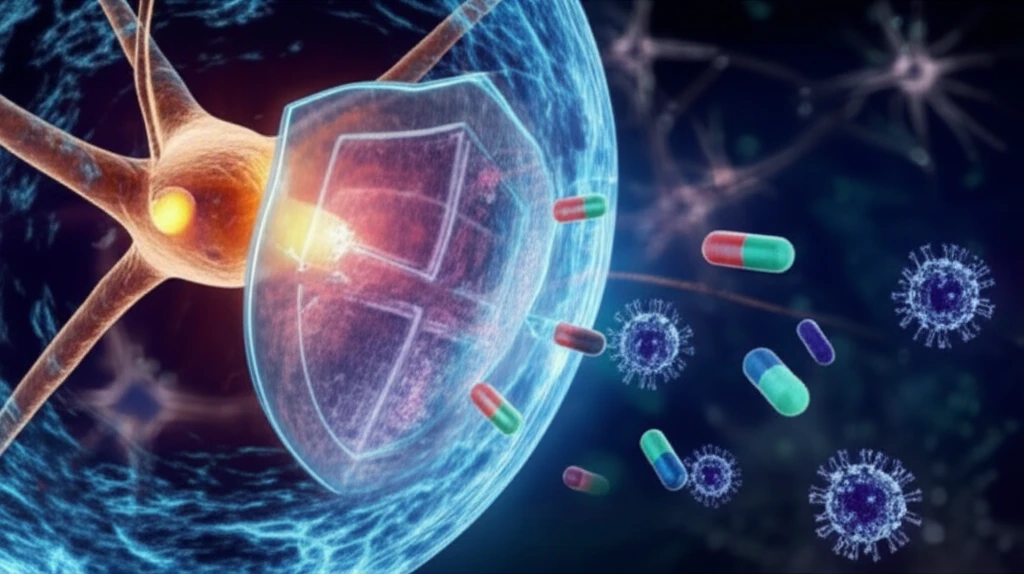
Vitamin E and Chemotherapy: Does It Really Help With Neuropathy?
"Unraveling the Truth: What the Science Says About Vitamin E, Chemotherapy, and Nerve Damage."
Undergoing chemotherapy is a challenging journey, and while it’s designed to fight cancer, it can bring along a host of side effects. One of the most distressing of these is chemotherapy-induced peripheral neuropathy, or CIPN. This condition damages the nerves in the hands and feet, leading to pain, numbness, and tingling that can significantly impact daily life.
Many cancer patients seek ways to alleviate CIPN symptoms. One commonly explored option is vitamin E supplementation. Vitamin E is known for its antioxidant properties, which might protect cells from damage. This has led to the question: Can vitamin E help prevent or lessen the effects of CIPN?
This article dives deep into a meta-analysis of studies to offer a clear understanding of whether vitamin E is an effective solution for CIPN. We'll explore the research, discuss the findings, and provide insights to help you make informed decisions about your care.
The Science Behind CIPN and Vitamin E

CIPN occurs when chemotherapy drugs damage the peripheral nerves. This damage can cause a range of symptoms, including sharp pains, burning sensations, numbness, and muscle weakness. The severity of CIPN varies depending on the type and dosage of chemotherapy drugs, as well as individual factors.
- Oxidative Stress: Chemotherapy can increase oxidative stress, which can damage nerve cells.
- Antioxidant Properties: Vitamin E is an antioxidant that may protect cells from oxidative damage.
- Study Objective: Research aims to determine if vitamin E supplementation can reduce or prevent CIPN in patients undergoing chemotherapy.
Making Informed Choices
The current evidence suggests that while vitamin E might not significantly reduce the overall incidence of CIPN, it may be effective in some cases, particularly for specific chemotherapy drugs. Always consult with your healthcare provider to discuss the best approach for managing CIPN. They can provide personalized recommendations based on your specific situation, taking into account your chemotherapy regimen, overall health, and any other medications you are taking. This ensures you receive the most appropriate and effective care to support your well-being during cancer treatment.
